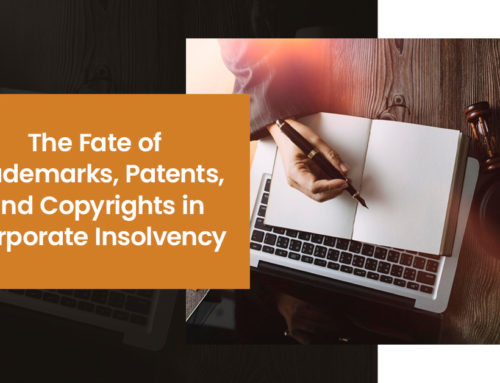There is no escaping the fact that climate change is a huge problem and one of the most prevalent issues facing the world today. As such, governments and businesses need to make an effort to reduce their overall carbon footprints and benefit the world’s environment.
As a result of this increased focus on environmental governance, new climate-related regulations have been put in place that will impact businesses around the UK. These are important for businesses to take note of because not only are the risks of climate change an ongoing concern in a physical sense, but there are also economic risks, for instance, fees incurred during the transition to being a low-carbon economy.
The climate also impacts businesses due to the increased awareness people have regarding it. This means that it’s no longer just governments who think about the impact on climate a business might have, but investors, insurers, employees and customers are also frequently factoring climate risk and disclosures into their decision-making. As such, new disclosure regulations surrounding climate have been imposed for UK businesses.
The New UK Climate-Related Financial Disclosure Regulations
The regulations were initially published in January 2022 and consist of the Companies (Strategic Report) (Climate-Related Financial Disclosure) Regulations 2022, as well as the Limited Liability Partnership (Climate-Related Financial Disclosure) Regulations 2022. These have been brought in as they introduce new requirements for companies to disclose their climate-related financial information. These regulations broadly align with the recommendations put forward by the Financial Stability Board’s Task Force on Climate-related Financial Disclosures.
The point of these disclosures is that as the UK moves towards using less carbon, investors can make better decisions about whether or not they would like to put money into a business depending on the materials they use. The easier it is for companies to compare the kind of materials they work with the better it is for investors to consider the risks and liabilities that could be present if they were to purchase shares in said companies.
Have These Regulations Taken Effect?
These regulations originally came into force back in April 2022 and, as such, apply to all businesses that are in operation today. This means, where applicable, companies and LLPs need to note the relevant disclosures that pertain to their business and include them in their disclosures within annual reports that will be prepared for the relevant accounting periods.
What Companies Do the Regulations Currently Apply To?
Criteria have been established, and any companies that meet said criteria will need to abide by the regulations. They consist of the following:
- Organisations that currently need to produce a non-financial statement of information in their annual report. These companies tend to have more than 500 employees and have shares or other transferable securities admitted to trading on a market regulated within the UK. These markets include the likes of the Main Market and the London Stock Exchange. They also include insurance and banking companies.
- Organisations that currently have securities which are admitted to the AIM Market of the London Stock Exchange and have more than 500 employees.
- Companies not included in any of the categories above but with more than 500 employees and an annual turnover of over £500 million.
- LLPs that are not trading or banking LLPs but have more than 500 employees and generate more than £500 million a year.
What Are the Requirements?
Different companies and LLPs within the scope will be required to include certain disclosures within their annual report that pertain to climate change and where the materials that are of value to the company come from. They also need to disclose their assets. The overall information needed to act in accordance with these regulations includes the following:
- A description covering the governance arrangements of the organisation relating to managing and assessing climate-related risks and opportunities.
- A description that covers how the company will be able to identify, assess and manage climate-related risks and opportunities.
- Another description that covers how processes for assessing, identifying and managing climate-related risks will be integrated into the general risk management processes of the company.
- A description that covers:
- The principal climate-related opportunities and risks which arise due to how the company operates and the kind of work that it does.
- The time period in which these different assessments were carried out.
- A description that discusses both the actual impacts of the climate-related risks and the potential impacts of the climate-related risks, as well as opportunities on the business model and strategy of the company.
- An in-depth analysis which covers the resilience of the business model and strategy of the company, whilst also considering some of the different climate-related scenarios.
- Another description talks about the targets used by the company to manage and eventually improve the performance of the business’s targets.
- The key performance indicators used to assess progress against various targets to manage climate-related risks and realise the climate-related opportunities available to the business.
Do You Need Help with the New Regulations and Their Implications?
It’s already a difficult time for businesses worldwide, not only because of the political and economic uncertainty across the country but also because changes in how businesses operate in pursuit of a carbon-free future will also impact an organisation’s overall operation and finances. As such, if you need help staying on top of different regulations, filing statements and generally looking after your business’s finances, reach out to Leading UK. Our team of experts can sit down with you to learn more about your business and provide advice on how you can work effectively. If you have any questions or require any further information, do not hesitate to get in touch.






